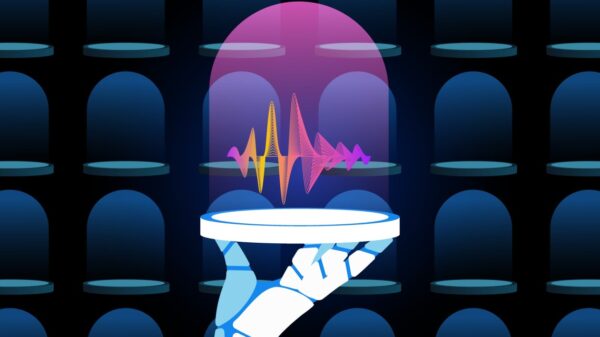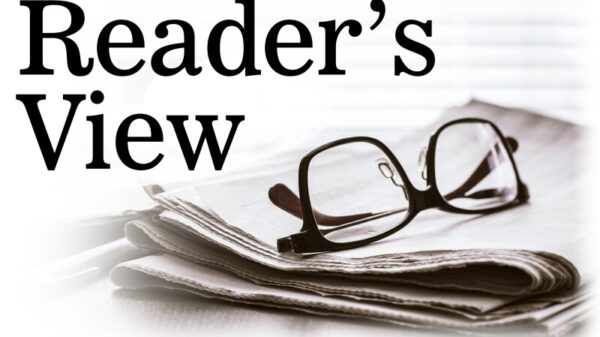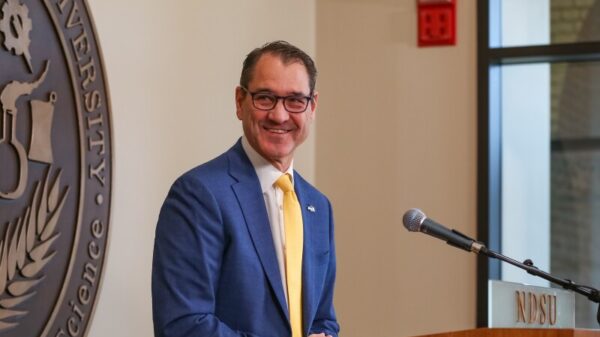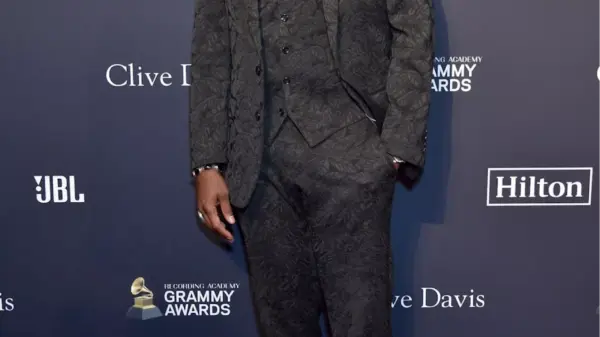As artificial intelligence (AI) technology becomes increasingly prevalent in music creation, many aspiring musicians are questioning the value of learning to write songs themselves. Ray Harmony, a long-time music educator with over 30 years of experience, argues that preserving the craft of songwriting is not only essential but also more rewarding than ever.
The rise of AI-generated music presents a new challenge for those who teach and learn music. With algorithms capable of producing songs in mere moments, potential musicians face the temptation to bypass the traditional learning process. Harmony poses a critical question: “Is it really your music if you didn’t write it?” While AI offers convenience, it raises concerns about the authenticity and personal connection inherent in creating music.
Music, with its 12 notes, may appear simple, but the art of composition is complex. Crafting memorable melodies and harmonies takes time, creativity, and exploration. For beginners, the journey can be daunting, often resulting in the frustration of producing unsatisfactory sounds. Harmony emphasizes that discovering unique combinations requires years of practice and dedication.
In previous decades, those wishing to make music had no alternative but to learn the craft. Today, the ease of AI tools can discourage individuals from investing the time and effort necessary to develop their skills. A complete novice can generate a song, complete with cover art, and share it on platforms like Spotify before even starting their day. This trend presents a pressing challenge for educators like Harmony, who are passionate about inspiring others to appreciate the process of music creation.
The essence of making music lies not solely in the final product but in the act of creation itself. Engaging in songwriting can enhance mental well-being, foster spiritual growth, and promote physical health. Moreover, sharing music with others establishes a deep, human connection that technology cannot replicate. Harmony points out that the joy of music-making is rooted in playfulness and creativity—qualities that seem to have diminished in an era dominated by screens and instant gratification.
Learning to create music can initially be frustrating. Many people are drawn to AI solutions because they offer quick results without the necessary groundwork. However, Harmony asserts that true fulfillment comes from the learning journey. He likens songwriting to physical exercise: the beginning is often challenging, but perseverance leads to enjoyment and improvement.
Harmony encourages aspiring songwriters to trust themselves and embrace the learning process. He believes that the joy of creating music, once achieved, is unparalleled. The skills and satisfaction gained from songwriting can enhance overall well-being, making the effort worthwhile.
In response to the challenges posed by AI, Harmony envisions Hack Music Theory as a “Songwriter’s Ark,” dedicated to preserving essential music-making skills. He acknowledges that the surge of AI-generated content may be temporary, but the value of genuine musical expression will endure. For those inspired to begin their musical journey or improve their skills, Harmony recommends his free book, 12 Music Theory Hacks to Learn Scales & Chords, as a valuable resource.
As the music landscape evolves, the call to nurture and develop songwriting skills remains vital. Whether you are a beginner or a seasoned musician, the journey of creating music offers immense joy and personal growth. Harmony’s passion for teaching underscores the importance of maintaining the artistry of songwriting in the face of rapid technological advancements. Happy learning, and welcome aboard the journey of musical exploration.







































































